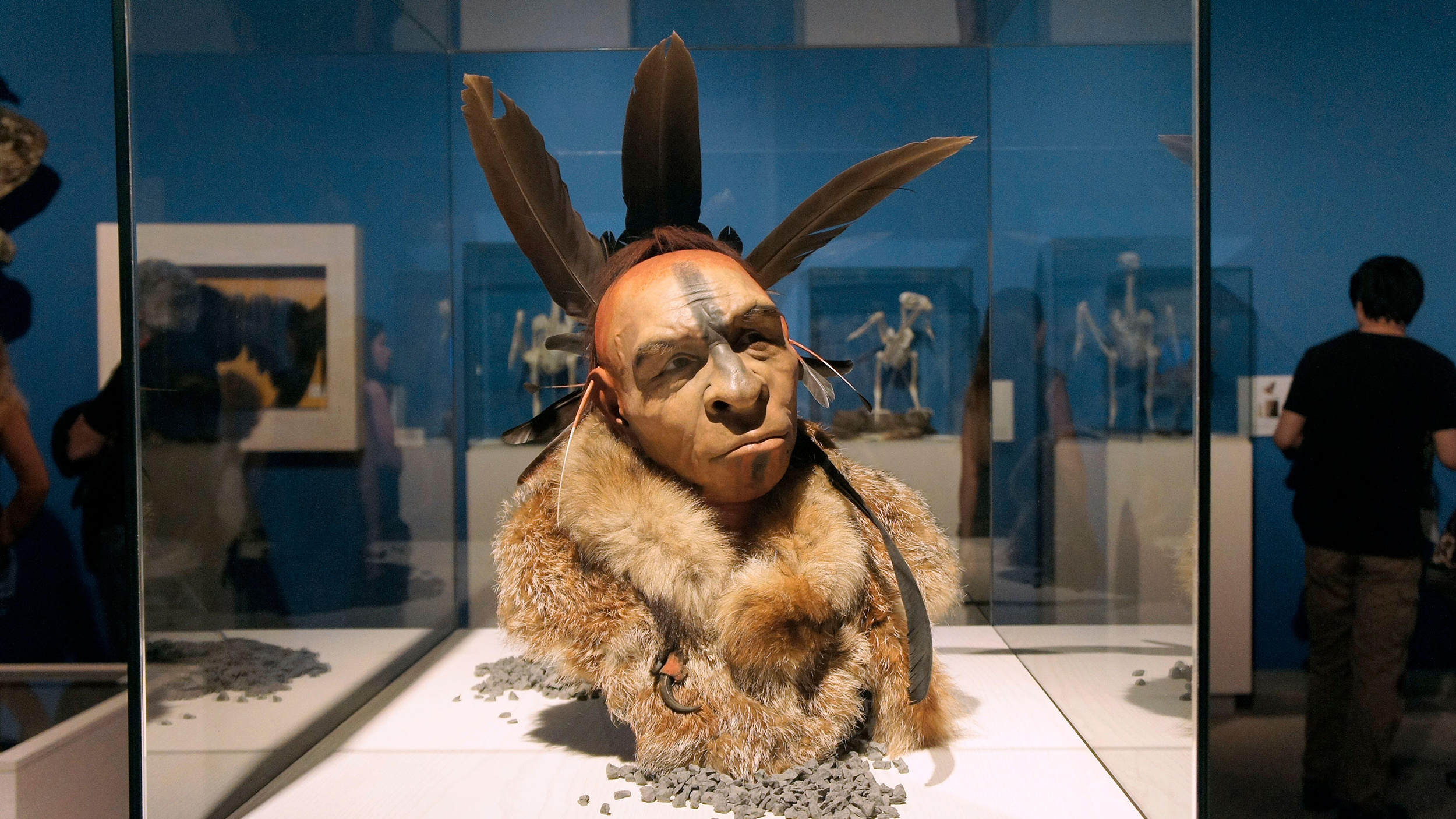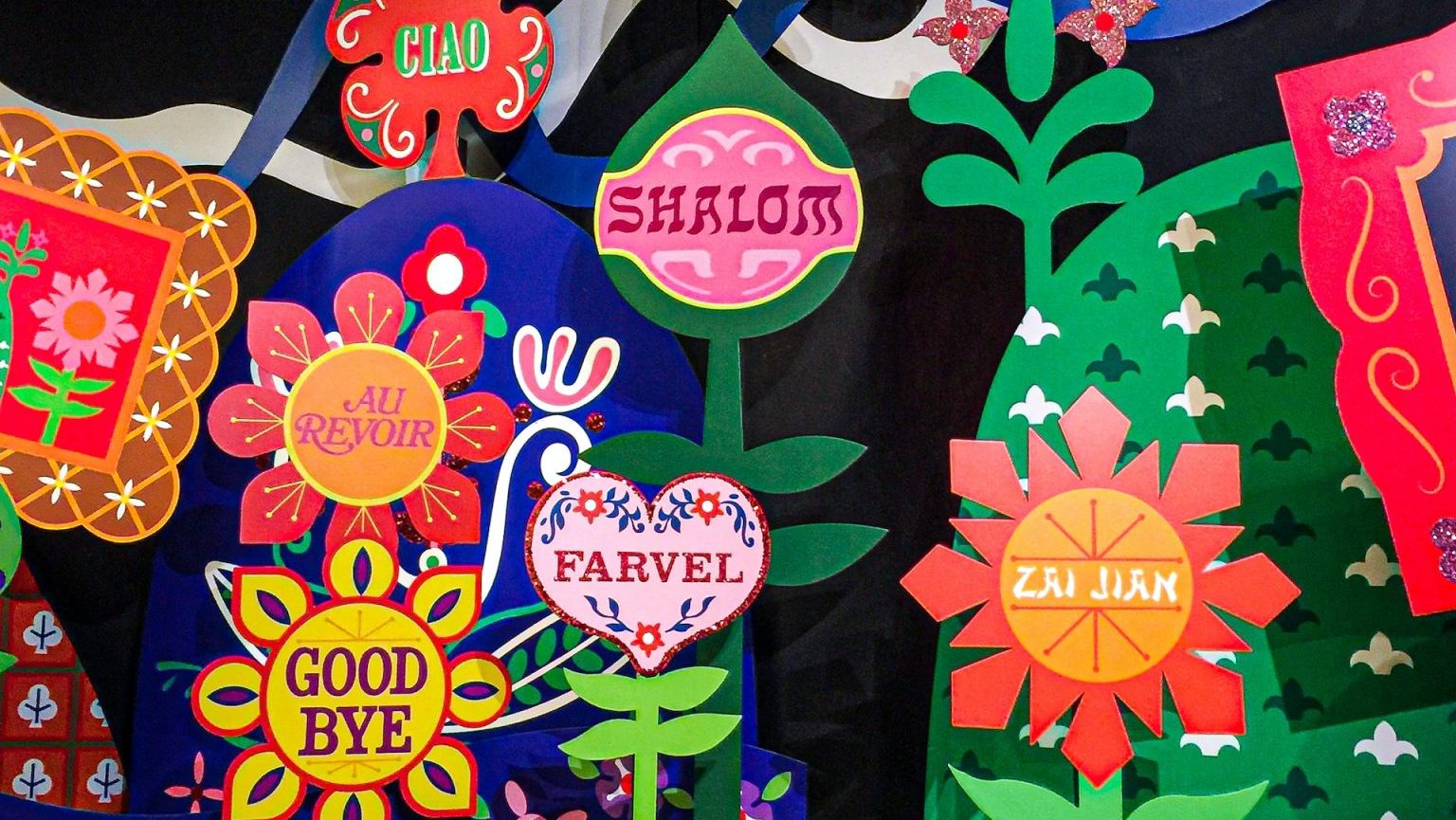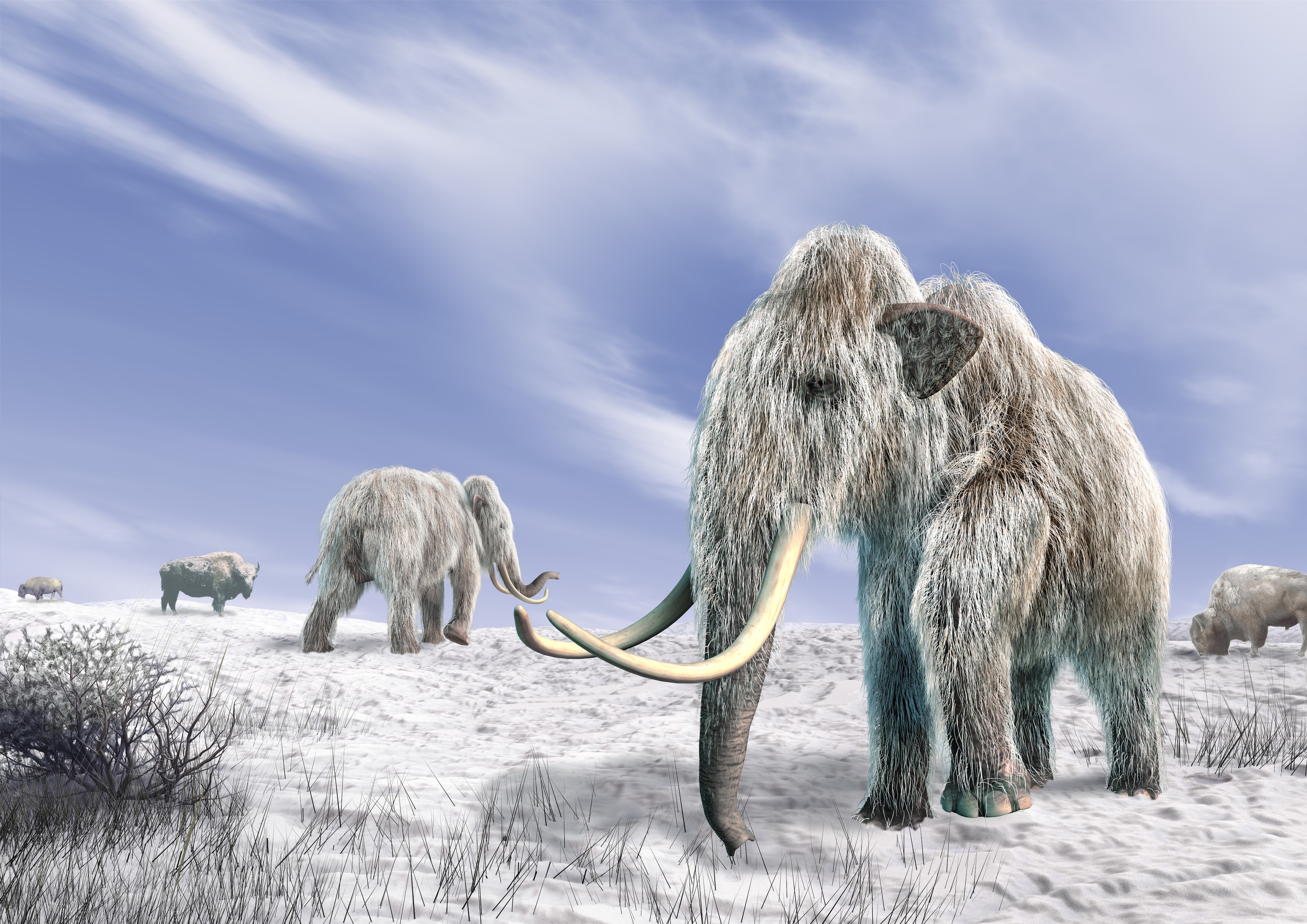Veal Issues
“Eating veal — or not eating it, to be more accurate — is one thing many carnivores and vegetarians can agree on. For most, the methods used to produce tender, milky-colored meat aren’t a worthwhile trade-off. But what if eating veal were no less ethical than eating pork, chicken or lamb? What if, under the right circumstances, eating veal were actually more ethical than shunning it?” asks Jane Black of the Washington Post. “This is not that veal: the mostly flavorless meat from calves raised in crates so small they can’t turn around. Humanely raised veal — sometimes called pasture-raised, sometimes called rose veal because of its color — comes from calves that drank their mother’s milk and ate pasture grass. Its producers argue that if male calves, an otherwise useless by product of the dairy industry, are not ethically raised for meat, they are sold to less-humane veal producers or destroyed.”





